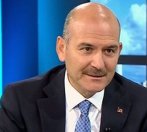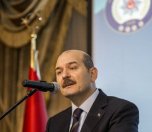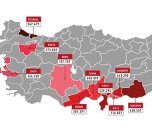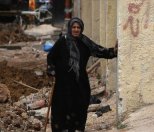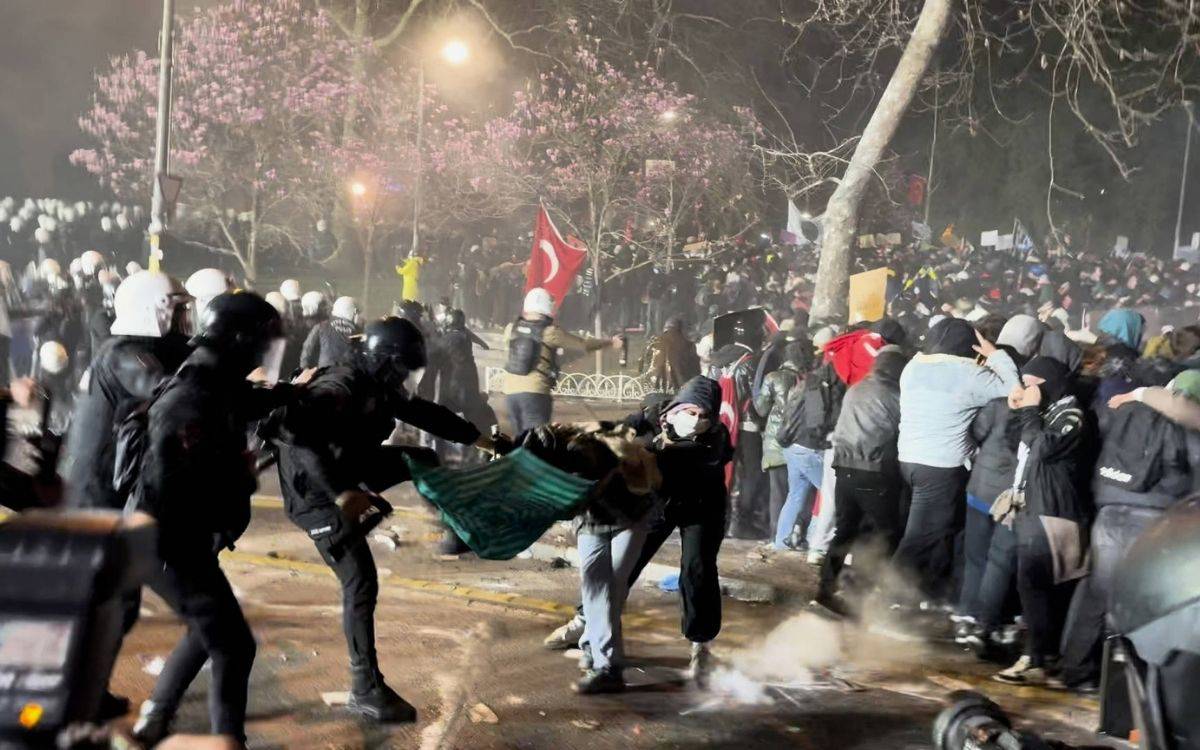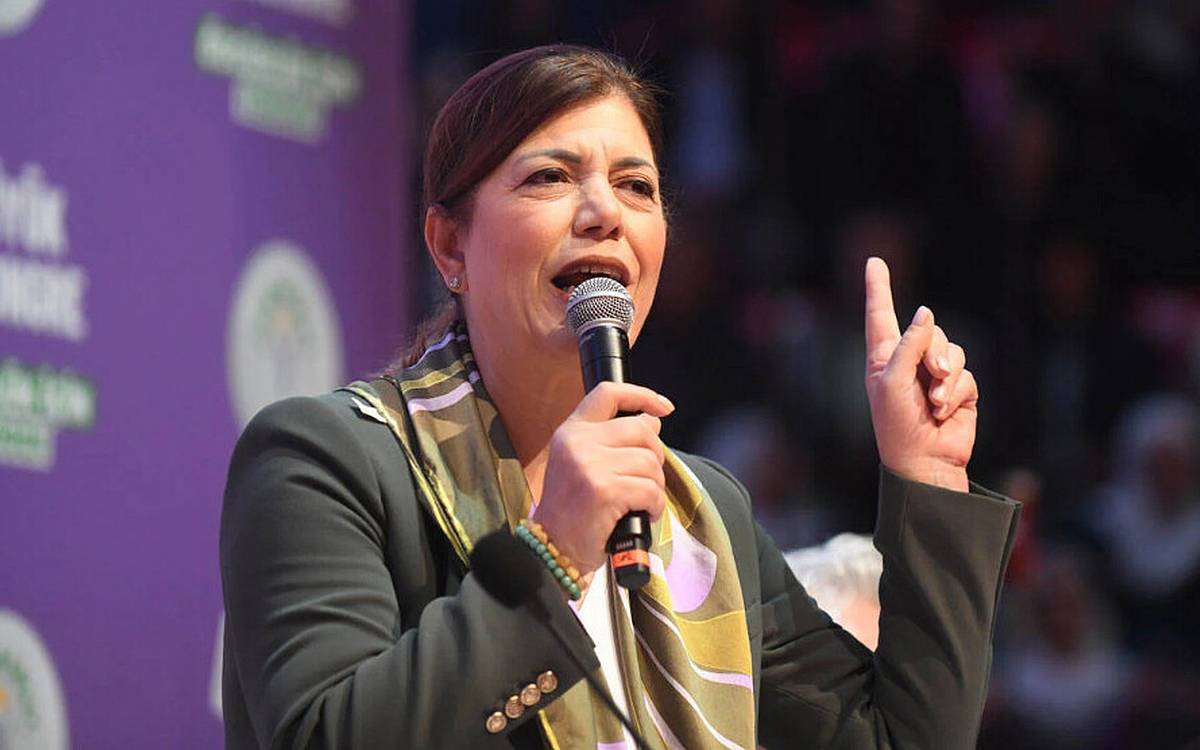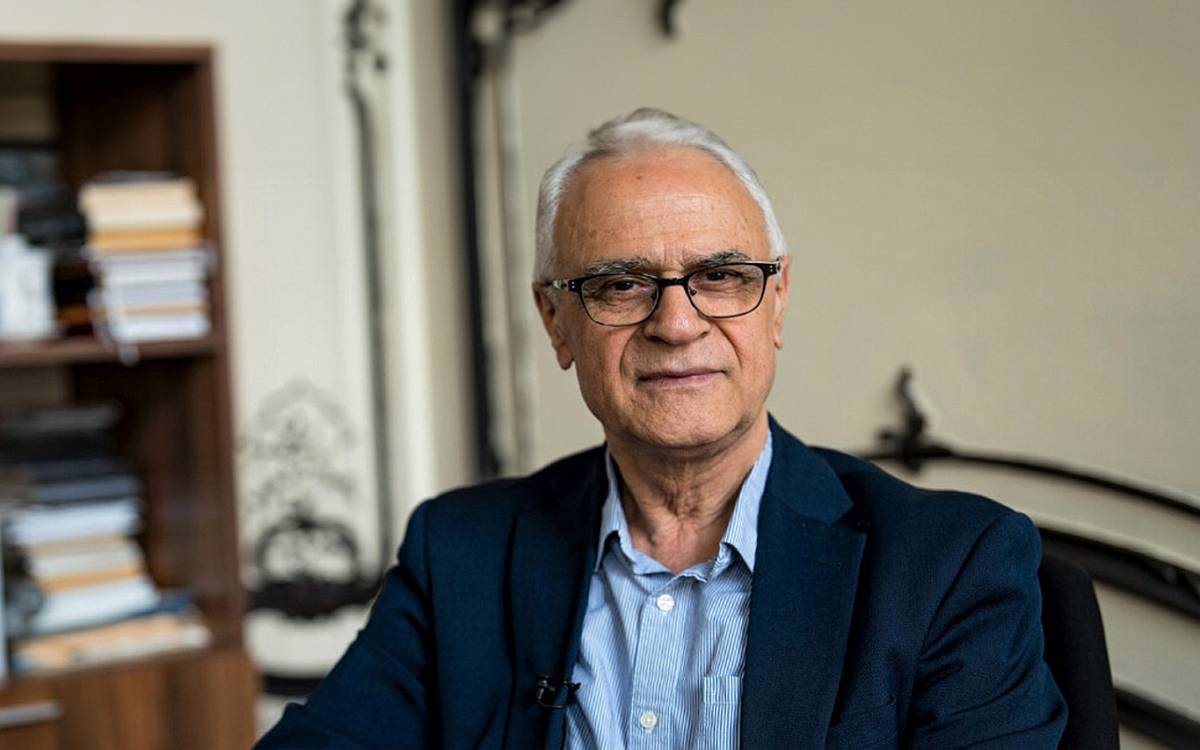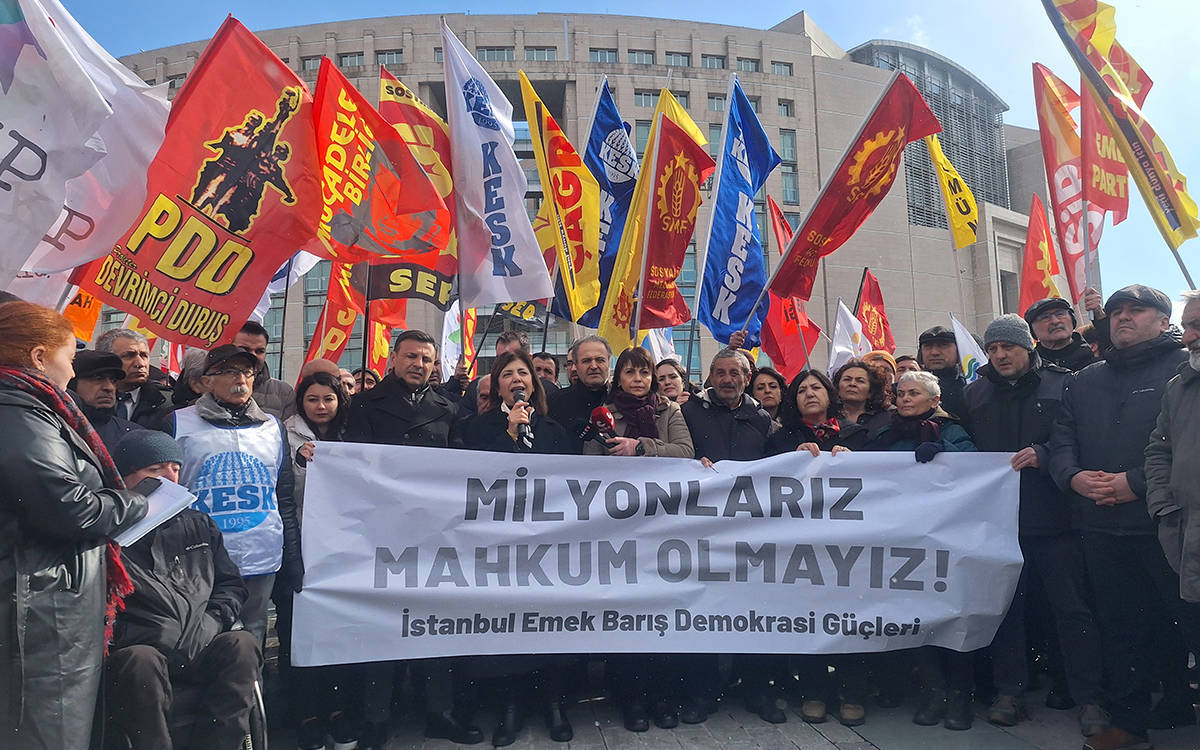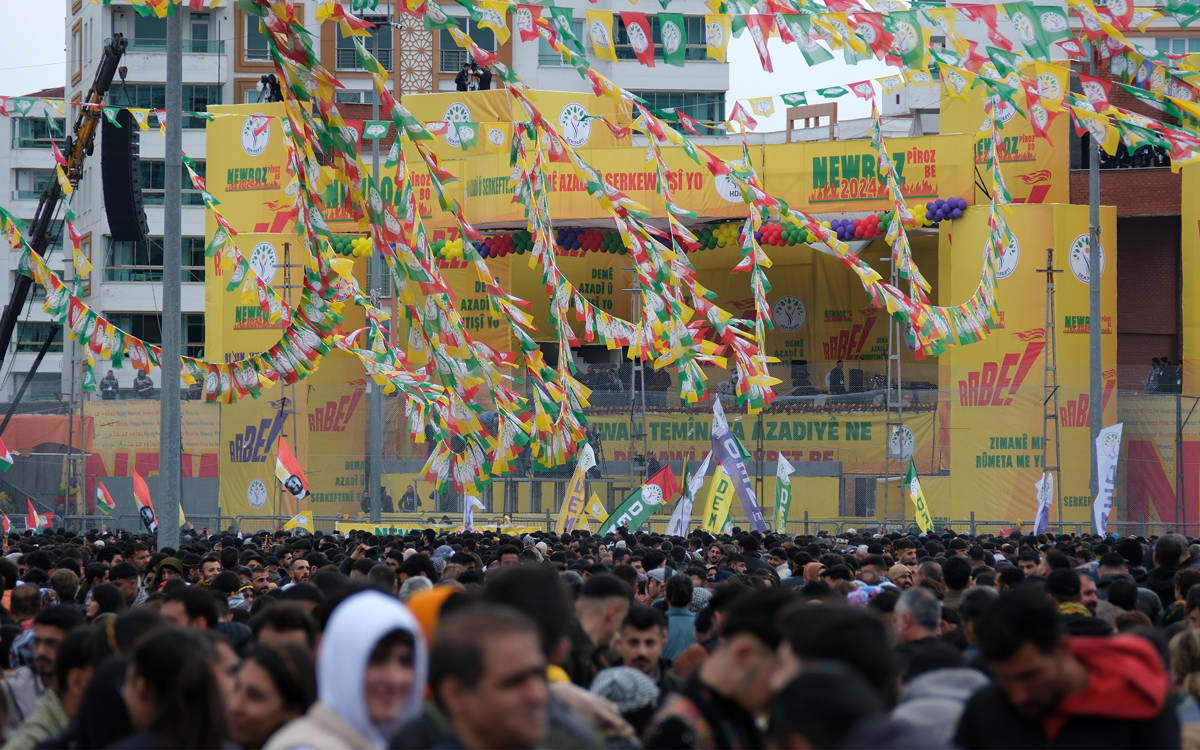* Photograph: Özge Elif Kızıl / Suruç - AA
Click to read the article in Turkish / Kurdish
KONDA Research and Consultancy has published the results of the 100th of its monthly barometers that it has been releasing since March 2010.
On this occasion, the company has also shared the answers given to its question on "view on Syrian refugees." Participating in the face-to-face survey of KONDA, 2 thousand 651 participants were asked, "At what level can your relationship with Syrian refugees be?"
While the rate of the ones who said that they could share the same house with Syrian refugees was 14 percent in February 2016, this rate has fallen by half to to 7 percent in July 2019.
'A negative image of Syrians is created'
Speaking to bianet about the KONDA research, sociologist Feyza Artar has underlined that a negative image of Syrians is constantly being created and stated the following about the issue:
"Syrians are attributed several negative traits such as they are dirty and not sharing or they enjoy themselves here and do not care about the war in their country. I think that is why people have reservations about living with them.
"If a successful policy of integration had been implemented, we would not have these results now. The policies of integration have not been implemented since the very beginning.
"There are serious problems about it. When there was a problem or a row somewhere, we preferred keeping them at bay.
'They have lives, hopes, concerns'
"When I do research on Syrians today, I always try to do something to show that they are humans just like we are. In fact, it is not the objective of science. But, we feel an urgency for that and do something like that.
"These people also have their homes, their lives, their hopes as well as their concerns. We try to put that forward in some way. Because we talk about them as if they were inhuman creatures.
"For that reason, activities can be organized with the aim of establishing empathy and increasing emotional sharing. I think non-governmental organizations have an important role to play there."
'Disinformation is very very widespread'
Gülay Uğur Göksel from the Association for Research on Migration (GAR) has underlined that disinformation about refugees is quite widespread in society and stated the following:
"14 percent is not a good rate, either. But, considering that even this rate has fallen by half might be related with the downturn in economy.
"I also think that statements of 'They are granted citizenship' also cause a negative perception in nationalist circles. The news reported in the press contribute to this negative perception further.
"Disinformation about Syrians is very, very widespread. Society is very uninformed about this issue, they are in a gray zone. They generally acquire this disinformation from the media. But, they cannot receive accurate information from the official units, either.
"One section of the society thinks that Syrians are favored in hospitals, while they are receiving education, at universities and in several other places. There is also disinformation like 'We have become second-class citizens now. Syrians have more rights than us.'
'Language of the state and media should change'
"The society of Turkey cannot agree on several issues, but they agree with each other quite well when it comes to not living together with Syrians. In a polarized society, people can find Syrians as a common ground.
"Both civil society and central government have their duties to inform the society. But, it needs to be done through rights, equality and democratic foundations. The official discourse of the state as well as that of the media and schools should change." (RT/SD)





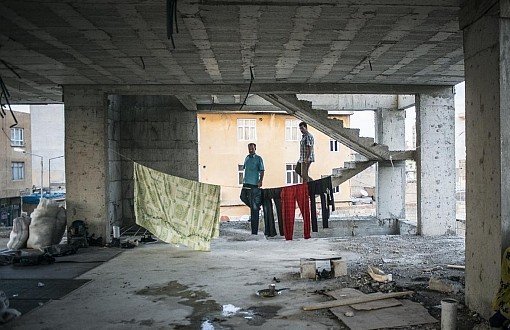


aaa.jpg)
